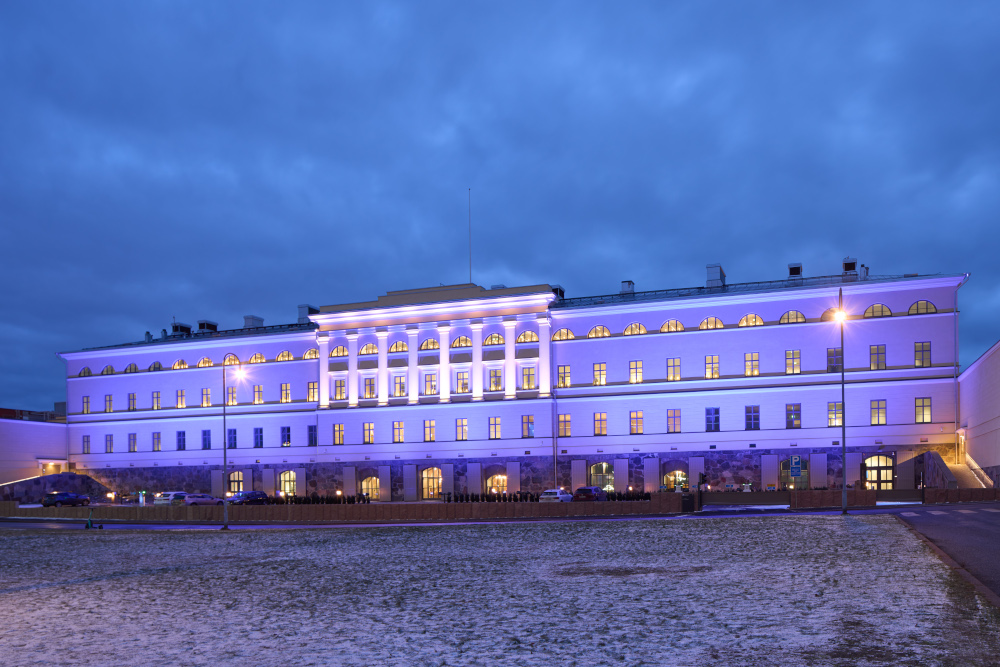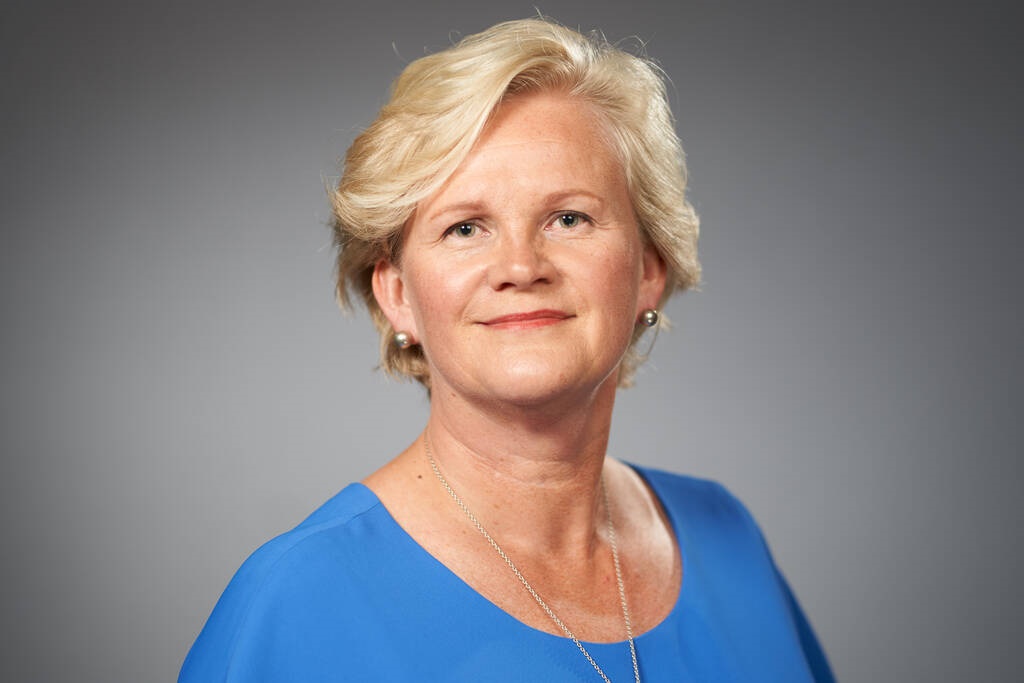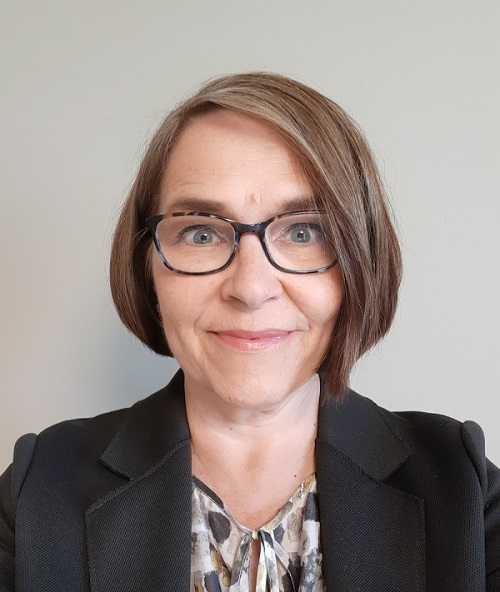NordenBladet — Minister of Transport and Communications Timo Harakka will deliver Finland’s general statement at the IMO General Assembly on 6 December 2021. Alongside decisions relating to the activities of the organisation, the remote meeting will discuss environmental and maritime safety issues.The topics of the video speech of Minister Harakka will include maritime automation and reduction of greenhouse gas emissions from maritime transport. Finland has proposed new working arrangements in the IMO. The aim is a more structural approach in the negotiations on reducing greenhouse gas emissions and that smaller countries would also have equal opportunities to participate.“It is clear that emissions from shipping must be significantly reduced already during this decade. We in the IMO must find concrete means to achieve zero greenhouse gas emissions from international shipping by 2050,” Minister Timo Harakka says.“Digitalisation and automation in the maritime transport sector have a great deal of potential, as they improve the efficiency, safety and climate friendliness of transport. We need common international rules so that new technologies can be adopted safely,” Harakka says.It is important that the improvement of automation is included in the IMO work programme. It provides a legal and safe means to automate international shipping.The Assembly, organised every two years, is the IMO’s highest decision-making body. It approves the organisation’s work programme and budget for the coming years, and elects the Council. In addition to participating in the Assembly, Finland has contributed to the preparation of the issues to be discussed at the meeting by taking part in the work of IMO committees, subcommittees and working groups.The Assembly will be held via remote connections on 6-15 December 2021. The Finnish delegation consists of representatives from the Ministry of Transport and Communications, Transport and Communications Agency, Embassy of Finland in London, Finnish Border Guard, and the Regional Government of Åland. What’s next?The discussion on measures to reduce emissions will continue at the meeting of IMO’s Marine Environment Protection Committee in June 2022. A decision on the details of how to put the instrument for automation in use will be made at the Maritime Safety Committee in April 2022.
Source: Valtioneuvosto.fi

 Ambassador Nina Nordström Kuva: Kimmo Räisänen
Ambassador Nina Nordström Kuva: Kimmo Räisänen Ambassador Päivi Kairamo
Ambassador Päivi Kairamo